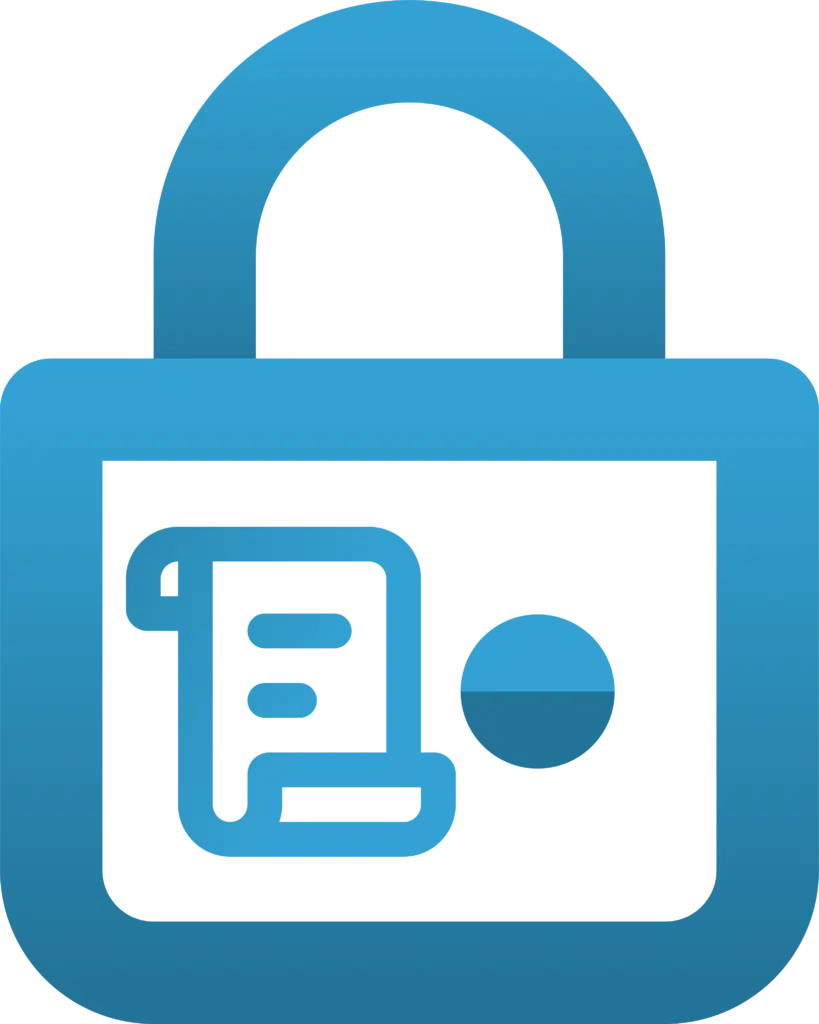

A secured loan allows loan providers to minimise the risk of a loan and allows loan seekers to borrow more than a typical unsecured loan. However, a secured loan can come with a higher risk to the borrower as they potentially stand to lose their asset to the loan provider if they fail to keep up with repayments.


To discover more about how to manage your debt and to receive free debt advice, you can visit www.moneyhelper.org.uk or read about options for paying off your debt.
A secured loan is a loan that is secured against an asset of value. This can range from vehicles to luxury items but is typically taken out against a property. It’s also known as a homeowner’s loan or mortgage loan when secured against your home.
A secured loan allows loan providers to minimise the risk of a loan and allows loan seekers to borrow more than a typical unsecured loan. However, a secured loan can come with a higher risk, as you potentially stand to lose your asset to the loan provider if you fail to keep up with repayment.
What is secured loan debt?
Secured loan debts are any missed payments or arrears gained from failing to repay your secured loan. Secured loan debt is considered a priority debt and failing to keep up with your secured loan repayments could see you lose your secured asset if you are unable to repay what you owe.
Secured loans and unsecured loans: what is the difference?
In short, a secured loan is a loan that is secured against an asset to offset the risk to the lender, while an unsecured loan has no such collateral, meaning less risk to the borrower but higher risk to the lender.
As such, there are slightly different lending requirements and allowances between these two types of loan. These include:
| Secured Loan | Unsecured Loan | |
| Allowance | With a secured loan a person can borrow up to £100,000 | With an unsecured loan the limit to the amount a person can borrow is £25,000 |
| Repayment period | With a secured loan the payment period can be extended up to 35 years | An unsecured loan typically has a repayment period of up to 7 years |
| Credit Score | Though there are no guarantees, you may still be able to get a secured loan with a poor credit score. However, the interest rate for someone with a poor credit score will be higher than that for someone with a good credit score | An unsecured loan will be more reliant on a good credit score as the creditor needs to carefully assess your ability to repay the loan amount before approving your application |
Secured loan and credit score
When taking out a loan, it’s generally expected that creditors will check your credit score to assess your creditworthiness. This is to ensure that you have a history of good credit decisions and the ability to repay debts. If your credit score is poor this shows creditors that lending to you may pose a higher risk of failed repayment. This is why having a good credit score can dictate your ability to take out certain forms of credit.
With a secured loan, these requirements are mitigated, and you may still be able to take out credit with a poor credit score. This is because with a secured asset, such as your home, the lender has more security and the loan poses less of a risk to the creditor.
A secured loan may enable you to take out a loan amount that was previously unavailable to you, or offer more agreeable repayment terms, as long as you have factored in the added risks.
How much can I borrow on a secured loan?
The amount you can borrow will vary, depending on how much your assets are worth. A secured loan generally allows you to borrow more than a standard unsecured loan. Typically, an unsecured loan allows you to borrow up to £25,000, though this is dependent on factors such as credit score and lender terms.
As a secured loan has collateral to minimise the potential risk to creditors, the amount you can potentially borrow is also higher. Again, this can vary and depends largely on the value of your assets but can be up to £100,000 provided your assets cover the required amount to secure the loan.
Is a secured loan a good idea?
Though secured loans can typically offer lower interest rates than unsecured loans due to the lower risks to the lender as the funds are secured on the asset, they come with far more risks than unsecured loans and you need to ensure you have considered all the risks, repayment amounts and timescale for repayments that will be needed to repay your loan.
First, it’s important to ensure that you can afford to repay the loan each month and have a stable income and savings for the future. While it’s impossible to know exactly where you will be years from now, having a stable income and money put away for when you don’t is essential before taking out a secured loan.
Always remember that if you fail to keep up with repayments you could potentially lose your assets. If you fall behind on payments, your loan provider has the right to repossess your property and sell it to recover payment. If your assets are valued below the loan amount you will be taken to court for the outstanding amount of your loan.
You need to consider the likelihood of this eventuality before deciding to take out a secured loan. If you feel your income and financial security isn’t as strong as it needs to be, a secured loan may not be the right option for you.
Does repaying a secured loan help with your credit score?
Yes, as a form of credit repayment, making payments towards a secured loan will have a positive impact on your credit score as it proves to future lenders that you can make debt repayments reliably.
A secured loan can be a good way to improve your credit score if you are responsible, can afford repayments, and have a stable income to ensure that repayments are met.
However, it’s important to remember if you fail to make payments and fall behind on your secured loan, this will not only hurt your credit score, but you’ll run the risk of potentially of losing your secured asset if you continue to miss payments.
Can I lose my home to a secured loan?
If you secure your loan against your mortgage and default on your secured loan repayments, your lender does have a legal right to take possession of your home in an attempt to recover payment.
Failure to repay a secured loan is serious and can result in the loss of your property if action is not taken. However, creditors will typically only repossess your home as a last resort and will try to work with you to come up with a payment plan before they resort to serious action.
This is why it’s important to be proactive with your debts; if you feel you’re in danger of falling behind on repayments you should contact your creditors as soon as possible.
Can I get a debt solution with my secured loan debts?
Unlike other types of debt, a secured loan cannot be included in a debt management plan. This is because a secured loan is considered a priority debt, and this type of debt must be paid by the original credit agreement.
The types of debt that are considered priority debt are:
- Secured loans
- Council Tax
- Mortgage
- Hire purchase
- Electric
- Water
- Gas
Can I get help with my secured loan debts?
Though you may be unable to access a debt solution for your secured loan debt, there are still options to help you deal with your debts.
Speaking to a debt advisor is your best option for getting help with your secured loan debts. By speaking to a debt advisor you can receive expert help in managing your finances and budgeting to more effectively repay your priority bills.
If you are falling behind on your secured loan repayments you should reach out to receive debt advice as soon as possible. Being proactive and getting help before your debts become unmanageable is essential to ensuring the best outcome for you and your assets before debt recovery can take place.
Contact our specialists to discuss your options today. Whether you are wondering about the possibility of secured loan debt consolidation or other potential solutions, we can offer the advice and support you need.
For free debt advice from an authorised debt charity, head over to MoneyHelper.

